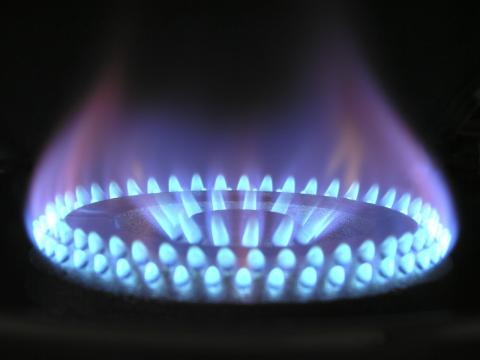The role of natural gas in national LTSs – in the context of the shift in energy policy due to the Russian war on Ukraine
Natural gas has many uses in the EU right now, most prominently as a heating fuel and in industry (both as feedstock and energy carrier) and in power generation. It has also been a focus of EU policy-making in recent months, with the policy package in December and the special treatment in the sustainable finance taxonomy.
Most recently, Europe’s dependency on gas imports from Russia has become a central theme in the context of the war in Ukraine – which has radically changed the debate in the EU, highlighting the need for greater independence from energy imports (and diversifying sources) and advancing consideration of ways to reduce gas use via efficiency and substitution with other sources of energy.
This workshop discussed the shift in the debate, what it means for pathways towards climate neutrality, and also how it affects how natural gas is being considered in national long-term strategies in this context. To this end, the workshop included input from Raphael Hanoteaux (E3G) that provided background on the current situation more generally. The presentation highlighted that Europe could cut its gas consumption by two-thirds by 2025 by focusing on clean energy deployment and energy efficiency measures. It highlighted that gas should not be treated as transition fuel, if EU is to reach its commitments under the Paris Agreement.
The workshop also featured a presentation by Kamil Laskowski (WiseEuropa) that presented insights from a comparative analysis of the use of gas (and potential alternatives) in the long-term strategies currently available. The analysis highlighted that at least 10 EU Member States might undergo a temporary switch to natural gas at the expense of other fossil fuels or nuclear power in any sector of the energy system. In the longer term, every EU country should enter the natural gas phase-down path - except for the 6 states which either did not provide information sufficient to deduce the natural gas consumption trend, or whose current share of natural gas in gross inland energy consumption is already negligible. The natural gas phase-out, not including essential and negligible natural gas residues in hard-to-abate sectors, is expected to be achieved in 9 EU Member States. Overall, the natural gas consumption is to be significantly reduced in the EU by 2050, but exact estimates cannot be provided since the majority of LTSs does not include numerical projections of natural gas consumption.
The workshop allowed time for discussion on the implications of the changes in energy policy on national long-term strategies with inputs by the representatives of Poland, Slovenia, Romania, France, Czech Republic, Portugal, Latvia and Germany.
